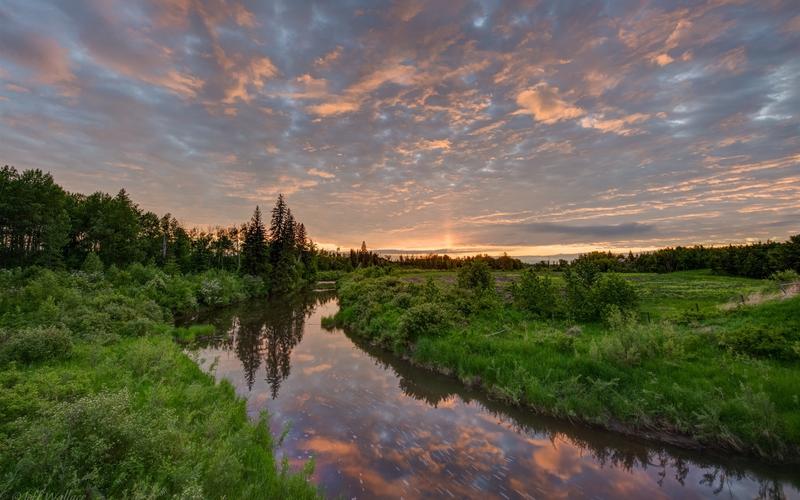Exploring the Rise of Popular Culture in New Zealand
New Zealand, a land of natural beauty and cultural diversity, has witnessed significant changes in its cultural landscape over the years. With the rise of popular culture, the country has undergone a transformation in terms of its entertainment, arts, and media industries. In this article, we will explore the various factors that have contributed to the growth of popular culture in New Zealand, along with the impact it has had on the country’s society and economy.
Historical Context
The traditional Maori culture has been the dominant force in New Zealand for centuries, with its rich music, dance, and art forms. However, with the arrival of Europeans in the 19th century, a new cultural influence began to emerge. The first cinemas were established in the early 20th century, creating a new form of entertainment for Kiwis. The 1950s saw the emergence of rock and roll music, followed by the 1960s counter-culture movement, which marked a significant shift in the country’s cultural landscape.
Impact of Globalization
The advent of globalization in the late 20th century brought with it a flood of Western media, such as Hollywood movies and American TV shows, which became increasingly popular among New Zealanders. This led to the formation of a new cultural identity, which combined traditional Maori culture with Western influences. The 1980s saw the rise of Kiwi pop music, which included artists such as Split Enz and Crowded House, playing a significant role in shaping the country’s music scene.
Digital Age
With the arrival of the digital age, the entertainment industry underwent a significant overhaul. The internet and social media became a major platform for promoting music, art, and film, making it easier for artists and creators to reach a wider audience. This led to a surge in the popularity of Kiwi music, with artists such as Lorde, Broods, and Kimbra gaining international recognition for their unique sound and style.
Economic Impact
The growth of popular culture in New Zealand has had a positive impact on the country’s economy. The film industry, in particular, has seen a massive boost due to international productions such as The Lord of the Rings and The Hobbit, filmed in New Zealand. Events such as the annual music festival, Laneway, and the Auckland Arts Festival have also contributed significantly to the tourism industry.
Conclusion
In conclusion, the rise of popular culture in New Zealand has been a fascinating journey, shaped by a variety of factors, including globalization, technological advancement, and cultural diversity. While traditional Maori culture remains an integral part of the country’s cultural identity, popular culture has played an important role in shaping modern-day New Zealand. From music and film to art and fashion, the country’s entertainment and creative industries have made a significant contribution to the economy and society as a whole.
(Note: Do you have knowledge or insights to share? Unlock new opportunities and expand your reach by joining our authors team. Click Registration to join us and share your expertise with our readers.)
Speech tips:
Please note that any statements involving politics will not be approved.
